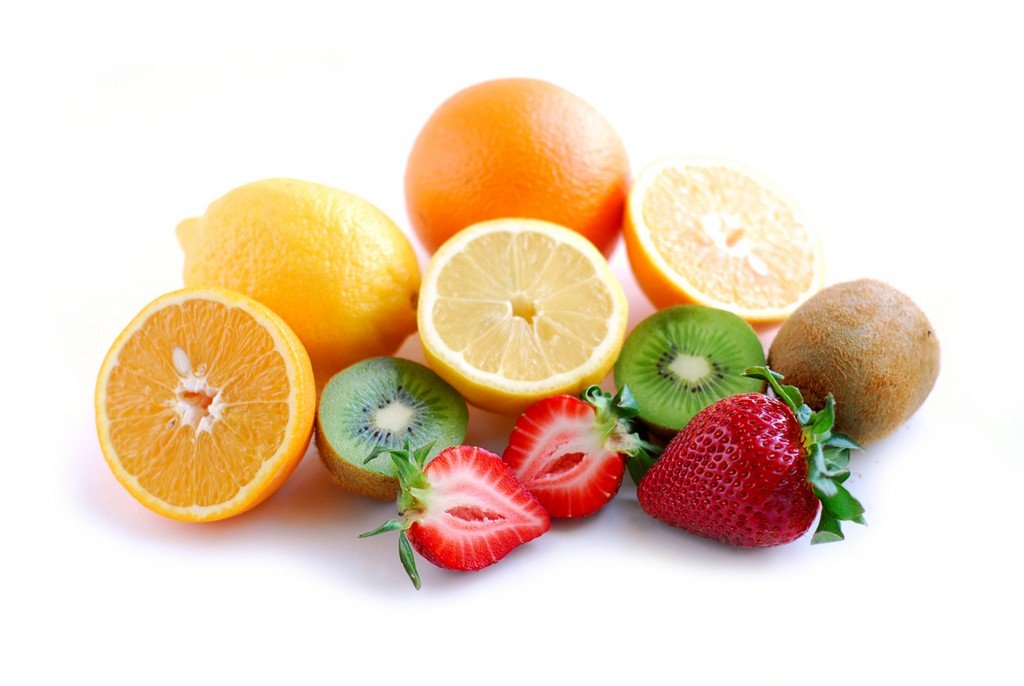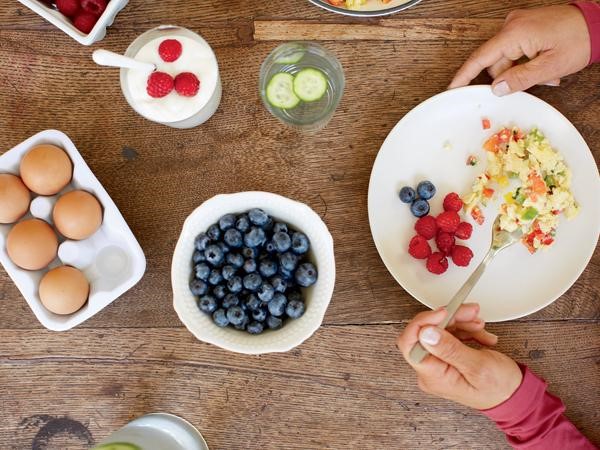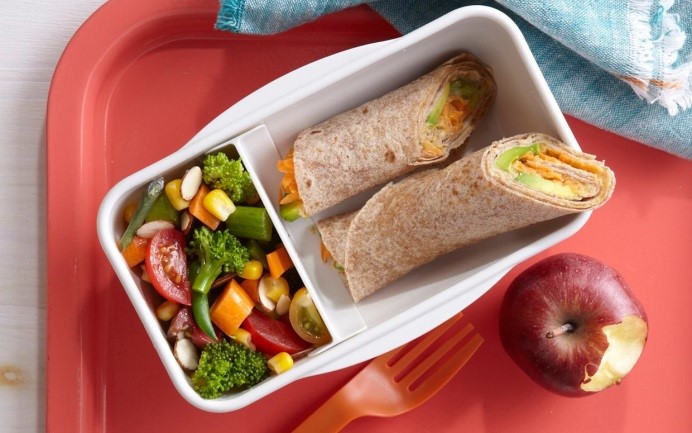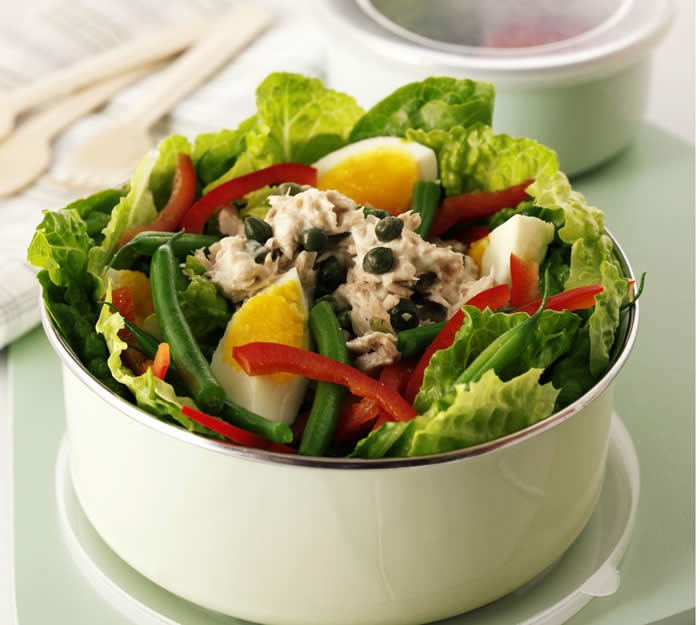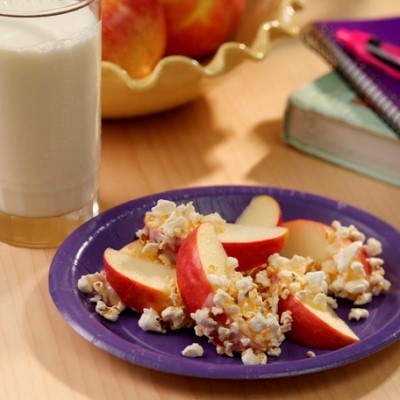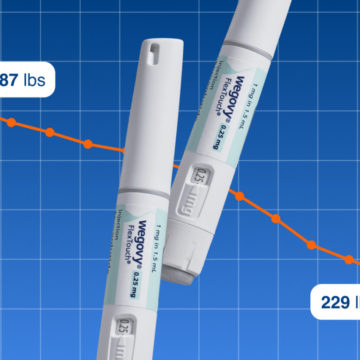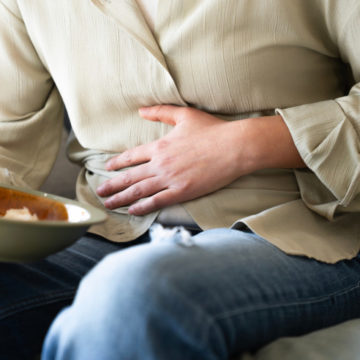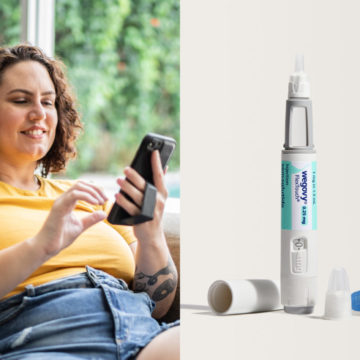Staying healthy and losing weight means eating the right diet.
Your perfect diet should be nutritionally balanced, with roughly 30 percent of the calories you consume coming from fat. It should be rich in fruits and vegetables, and three main meals a day will help you maintain a healthy daily intake of the fats, proteins and carbohydrates your body needs.
The ideal Orlistat diet is mildly hypocaloric, which means you will be eating slightly fewer calories than you burn. This helps the weight loss process, and as a dietary strategy comes recommended by many health experts for long-term weight loss.
What does an Orlistat diet look like?
Breakfast
- Dried fruit with low-calorie yoghurt, or
- 25-40g cereal with low-fat milk, or
- Poached egg with grilled tomatoes
Lunch
- Sandwiches (two or three slices of bread) of lean meat and salad, or
- No cream soup with two slices of bread, or
- Jacket potato with low-fat cheese
Dessert
- One piece of fresh fruit, or
- Baked or stewed fruit, with custard (made from low-fat milk) or yoghurt
Evening meal
- Chilli and rice, served with vegetables or salad, or
- Jacket or boiled potatoes, served with a large portion of vegetables, or
- Large mixed salad with tuna or two boiled eggs, two slices of bread
Dessert
- Fresh fruit salad or tinned fruit (choose fruits in natural juice, rather syrup which is high in unwanted calories), or
- Low-calorie yogurt
Snacks
- Popcorn
- Chopped vegetables or fresh fruit
- Low-calorie yoghurt
Staying healthy
Orlistat’s fat-blocking properties means your body finds it more difficult to absorb certain vitamins. Keep your vitamin levels topped up with a daily multivitamin packed with vitamins A, D, E, K and beta-carotene.
In the perfect Orlistat diet, 30 percent of the calories you consume should come from fat.
Ways to reduce your fat intake:
– Choose lean cuts of meat
– Replace butter with low-fat spreads
– Bake, grill, poach or microwave your food
– Choose low-fat dairy products
As well as this:
- Try to have five portions of fruit and vegetables each day
- Increase your intake of fibre to maintain a healthy digestive system and reduce your cholesterol levels
- Avoid sugar as much as possible. It contains empty calories that’ll slow down your progress
- Remember that taking orlistat makes it harder for your body to absorb certain vitamins, so keep your levels topped up with a daily multivitamin
Food groups
When you’re taking Orlistat, it’s important to be aware which food groups contain the crucial nutrients you need.
Protein
Protein is found in meat, fish, eggs, cheese, tofu & beans:
- Protein helps build muscles, bones tissues and cells
- Protein can function as enzymes that speed up chemical reactions inside cells
- Can act as hormones which are messengers that tell cells in the body what to do
- If you don’t eat enough, your body takes protein from your muscles, which causes them to atrophy
Carbohydrates
Carbohydrates are found in pasta, rice, bread, potatoes & beans:
- They act as the first port of call for energy
- They are only stored in very small amounts
- When carbohydrate stores run out, the liver produces some but stored energy in muscles and fat will have to be used
Fat
Fat is found in oils and fats, oily fish, nuts and seeds, egg yolks, olives and avocados:
- Fat is used for energy storage for when carbohydrates run out
- Fat is very high in calories – one gram has twice as many calories as one gram of protein or carbs
- When using the diet pill Alli, fat consumption should be limited
- Fat is needed for the carrying and absorption of fat soluble vitamins like vitamins A and E which are necessary for skin and sight
Fruit and vegetables
- Both contain vitamins and minerals used in nearly every process and reaction in the body
- They are low in fat (except olives and avocados) so can be eaten freely while taking Alli
- They are high in fibre which is essential for digestive health
Calcium
Calcium is found in dairy products such as milk, yogurt and cheese, green leafy vegetables and soft bones in tinned fish:
- Calcium is used for muscle contraction and movement
- Needed for strong bones
- Best when three portions are consumed every day. A portion is a matchbox size piece of cheese, a small pot of yogurt or 200 ml milk
- When taking Alli, consume only low-fat dairy products
Being overweight: advice and tips
Being overweight isn’t just a cosmetic issue, you also risk developing a number of serious and potentially life-threatening diseases, such as high cholesterol, high blood sugar and heart disease, as well as certain types of cancer.
Advice
- Eat well – at least three regular, nutritionally balanced meals a day
- Relax and eat your meals slowly – you’ll be less likely to still feel hungry afterwards
- Be physically active and exercise regularly to burn up calories
- Avoid temptation by keeping your cupboards free from unhealthy foods
- Stay motivated! Monitor your progress and keep sight of your weight loss goals
- The outcome will be worth the effort – so don’t give up
Did you know…
- Losing just five to seven percent of your body weight and exercising regularly, may delay or prevent altogether the onset of type 2 diabetes
- Losing weight will alleviate the stress and pressures put on your joints, like your knees, hips, and lower back
- You will sleep better!
For more information on how Orlistat works click here.
